enum MyColor { red, blue, green } creates a special MyColor Enum class and creates compile-time constant instances of it named red, blue, and green. values is essentially an automatically generated static member.
From the Enums section of the Dart language specification:

(Sorry for using an image; reformatting it to Markdown is too impractical.)
List<String> getNames(List<Enum> enums) {
return enums.values.map((e) => e.name).toList(); // Error
}
Your enums parameter is a List, and List does not have a value member. The callers of getNames already passed the list of Enum values. You want:
List<String> getNames(List<Enum> enums) {
return enums.map((e) => e.name).toList();
}
or:
List<String> getNames(List<Enum> enums) {
return [for (var e in enums) e.name];
}
what is MyColor, is this an Enum (no), is this a List<Enum>, again no?
MyColor itself is a Type, just like int or double or String or List.
MyColor.red is a compile-time constant instance of a MyColor. MyColor.red is MyColor and MyColor.red is Enum are both true.
This is not fundamentally different from:
class Base {}
class Derived extends Base {}
Derived and Base are Type objects. Derived is Base is false (a Type object is not an instance of Base). However, Derived() is Base is true.
